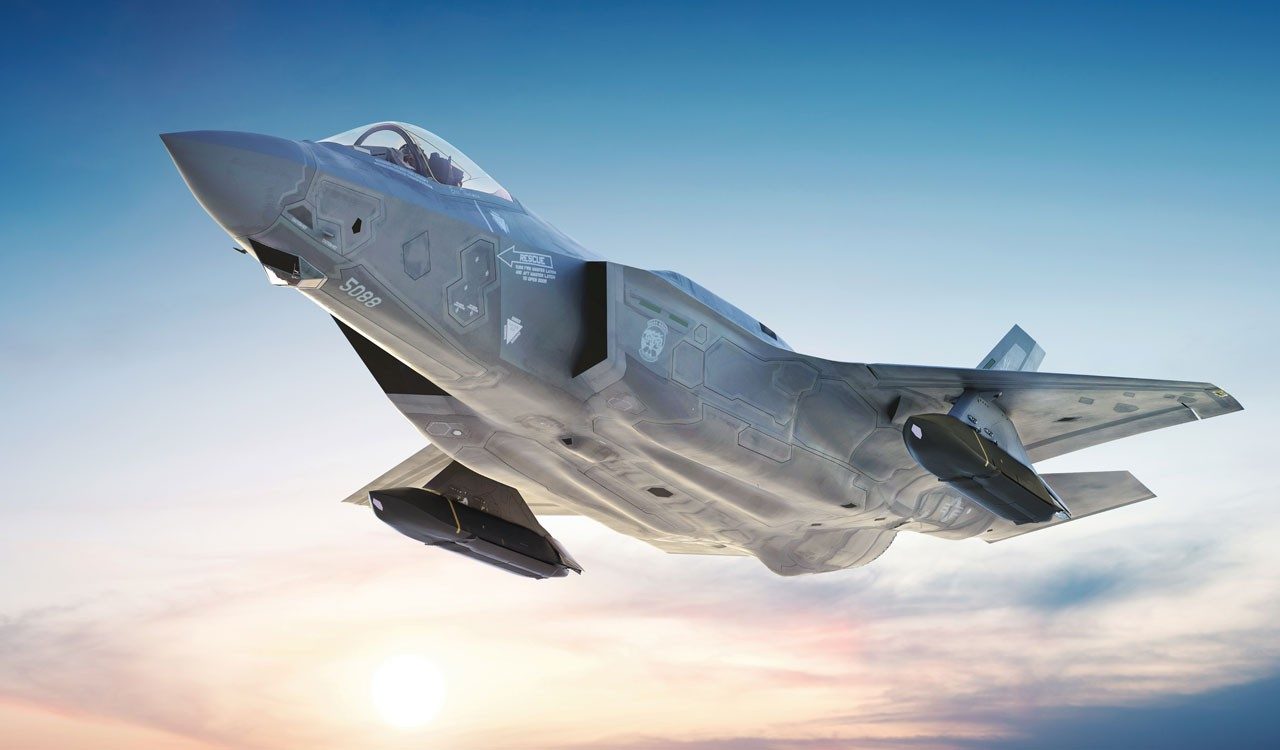Saudi Arabia is on the brink of securing a landmark defense deal with the United States, potentially involving the purchase of F-35 Lightning II stealth fighters. This development comes as the US seeks to counter China's growing influence in the Persian Gulf.
On May 20, the White House announced significant progress in negotiations between US national security officials and Saudi Arabia, edging closer to finalizing a bilateral defense agreement. John Kirby, the White House national security spokesperson, indicated that both nations are "closer than we’ve ever been" to reaching a near-final agreement.
While specifics of the deal remain undisclosed, it is believed that the agreement could include a formal US commitment to defend Saudi Arabia in return for Riyadh limiting or suspending arms purchases from China. An American official hinted that discussions about supplying F-35 fighter jets and other weapons to Saudi Arabia are part of the talks, though no definitive promises have been made.
Historically, a major barrier to selling F-35 jets to Saudi Arabia has been the US's obligation to maintain Israel’s military superiority in the region. This agreement ensures that US-supplied weapons to Israel remain superior to those sold to neighboring countries. Consequently, Saudi Arabia and other Gulf states have considered alternative fighter jets like the French Dassault Rafale or the Eurofighter Typhoon.
Analysts believe that a sale of F-35s to Saudi Arabia could reinforce US commitment to the region's security, ensuring Saudi dependence on US training, maintenance, logistics, and interoperability. Despite these potential benefits, maintaining Israel's air superiority remains a critical factor.
The US's interest in securing this deal is driven by concerns over China's expanding footprint in the Middle East. Since the launch of China’s Belt and Road Initiative (BRI) in 2013, China has increased its economic and military presence in the region. In 2022, Saudi Arabia reportedly signed $4 billion in arms deals with China, including drones and missile systems, but not high-value assets like fighter jets.
China and Saudi Arabia's military cooperation has intensified, evidenced by their joint naval drills in 2023. Additionally, China brokered a détente between Saudi Arabia and Iran, highlighting its growing diplomatic influence.
US officials worry that China’s increasing influence is filling a void left by strained US-Saudi relations, worsened by incidents like the murder of journalist Jamal Khashoggi and disagreements over oil production during the Ukraine war.
Speculation is growing that the impending US-Saudi defense pact might not match a NATO-style agreement but will still involve substantial military cooperation. Reports suggest the deal could include sharing advanced technology like artificial intelligence and quantum computing, as well as supporting Saudi Arabia’s civilian nuclear program.
The Biden administration’s negotiations also seek to address Israel and Palestinian issues, aiming for regional stability. Last year’s attempts to broker peace between Saudi Arabia and Israel failed following renewed conflict in Gaza.
While optimism surrounds the potential defense deal, challenges remain, particularly Saudi demands for Israel to cease actions against Hamas and progress towards an independent Palestinian state. Kirby noted that while an exact timeline for the deal is uncertain, talks are on a positive trajectory.

No comments:
Post a Comment